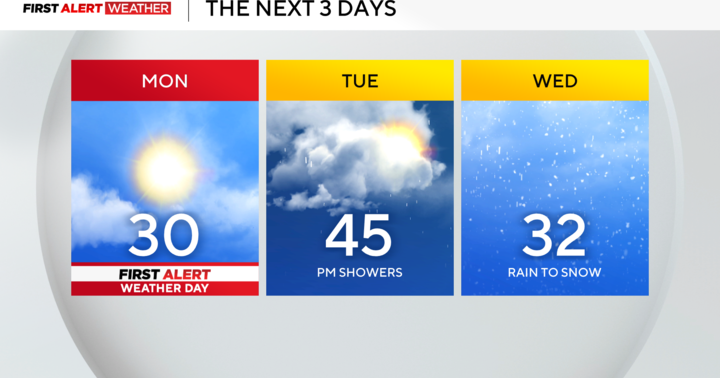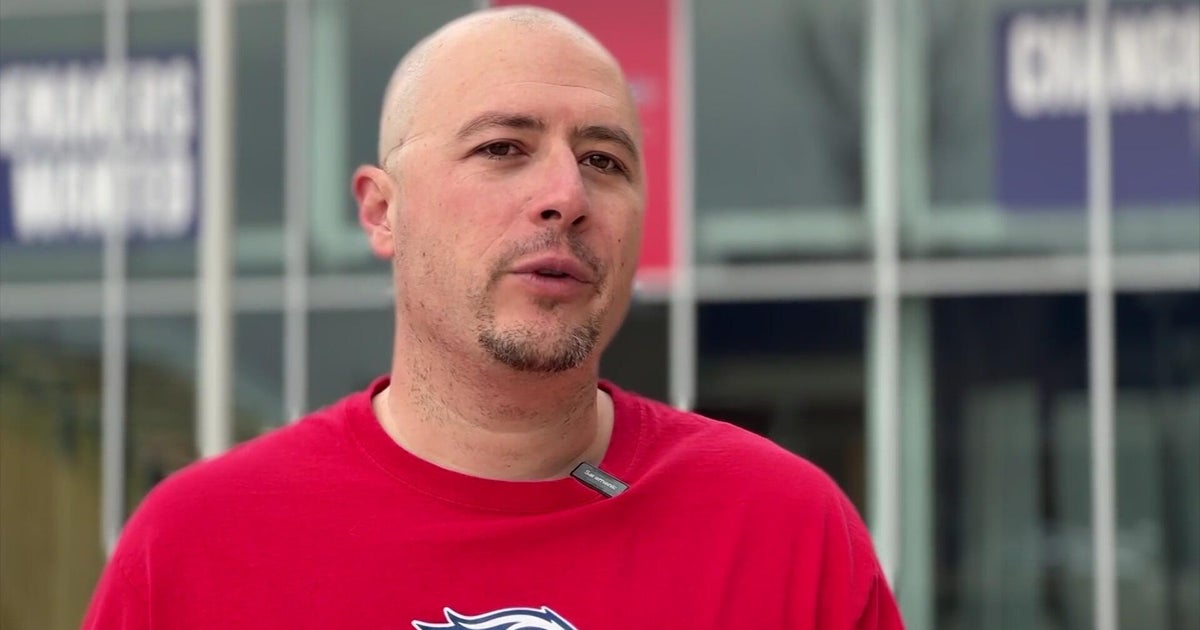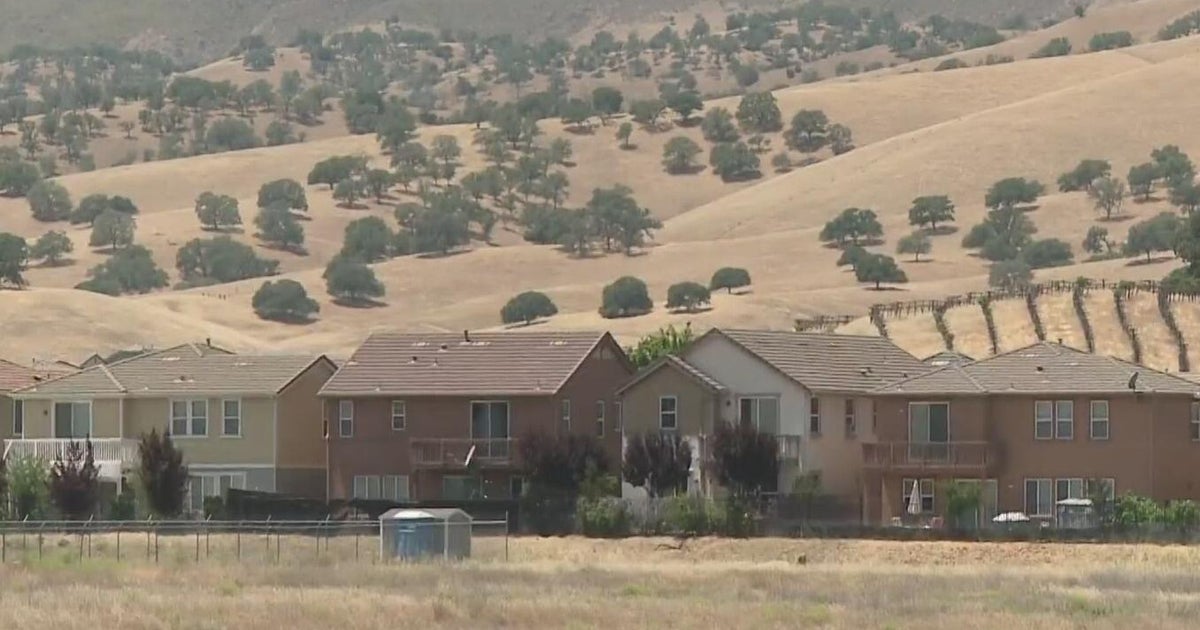Fiscal Cliff Rescue - What It Does & Does Not Do For You
PITTSBURGH (KDKA) -- For all the commotion -- some would say insanity -- that Washington created over the fiscal cliff these last few weeks, you'd think final approval of a bill late Tuesday night to avoid the cliff would mark lots of changes in tax rates for average Americans.
Not so.
"Those rates will be the same that you've been paying since 2001 when these income tax rates first came into being," PNC Chief Economist Stuart Hoffman told KDKA Money Editor Jon Delano.
In short, the so-called Bush tax cuts remain in place for all those earning less than $400,000.
Hoffman says, "98.5 percent of American families won't see any changes in their tax rates."
In addition, the new law extends for five years some tax breaks, first enacted under President Obama's stimulus bill, including the earned income tax credit, the child tax credit and the American opportunity tax credit that helps families pay for college.
And the compromise bill maintains the status quo for many others, including (1) the 'Doc Fix' maintaining payments to doctors treating Medicare patients, (2) a one-year extension of unemployment benefits for those unemployed more than 26 weeks, (3) a nine-month farm bill extension to maintain current milk prices, (4) a one-year extension of current business tax cuts, and (5) a continued freeze of Congressional pay at $174,000 a year.
Another important fix -- making permanent changes in the alternative minimum tax.
"If that hadn't been fixed," noted Hoffman, "millions or more families would have ended up paying the alternative minimum tax that it was never intended for them to pay."
No surprise, the tax increases hit those who make over $400,000 a year.
They will pay a higher income tax rate, a higher rate on capital gains, and be subjected to limits on tax deductions.
As for the estate tax, unless your assets exceed $5 million, there is no federal tax.
While the fiscal cliff rescue bill will maintain current income tax rates for almost everyone, it puts off a number of critical issues until a later day.
"What they didn't do is they kicked down the road the kind of spending restraint that is absolutely necessary for the short run and particularly the long run health of the economy," said Hoffman.
To give them time to figure out what budget cuts to make and where, the rescue bill put off until March 1 automatic across-the-board spending cuts of nearly 10 percent in defense and many non-defense programs that pump millions of dollars to Pennsylvania.
This could be a real battle.
The President says he won't sign off on spending cuts unless accompanied by tax reform or more tax hikes on the wealthy.
And taxes are already going up on all wage-earners.
After a two-year tax break, social security payroll taxes are going back up to their original levels.
Those who earn $50,000 will pay one thousand bucks more in taxes -- those who earn a $100,000 will pay two thousand bucks.
Also looming, another debt ceiling crisis -- where the failure of Congress to raise it means a possible government default and down-grading of America's credit.
"It's still a political football. They didn't resolve it. They didn't agree to do anything to raise the debt ceiling," noted Hoffman.
Hoffman says Congress just creates one fiscal cliff after another.
"They built a rickety bridge to get from this cliff to that debt ceiling without debt consolidation loans," he said.
But Hoffman is optimistic Congress will not hurt the credit-worthiness of the nation.
"That would be even more foolhardy than the shenanigans the Congress just put us through."
RELATED LINKS:
More Fiscal Cliff News
More Political News







